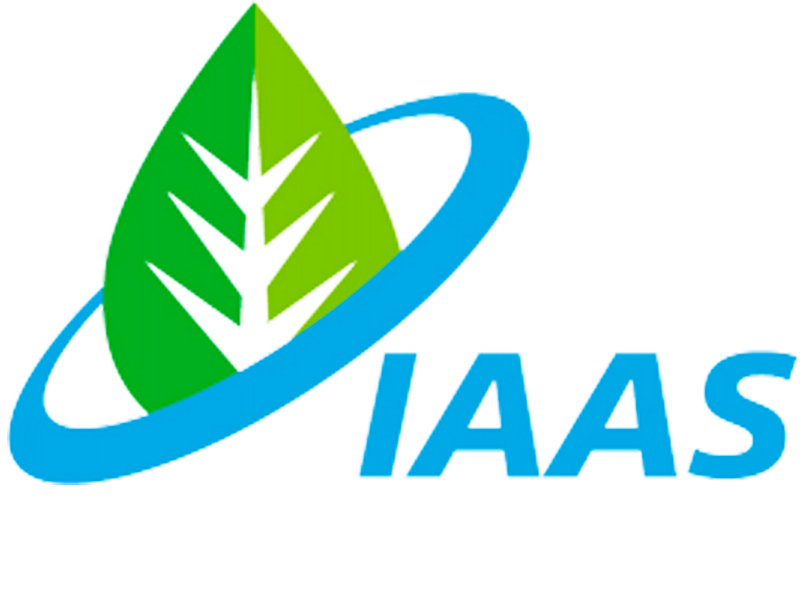Forest carbon projects can provide Southeast Asia with more food, water: study
By: Liang Lei
Carbon offsetting projects that protect forests in Southeast Asia could help local communities and protect wildlife, researchers in Singapore said, as they find overlaps between profitable project areas and forest plots providing many ecological functions.
The ‘co-benefits’ could increase substantially if carbon prices worldwide are raised to what several western countries are charging today, they added.
“The investment in the protection of forests, their natural capital and their ongoing provision of services through carbon projects enables a financially viable and sustainable means of addressing other socio-economic and environmental issues beyond climate change,” the authors wrote.
“By assessing this potential in Southeast Asia, we demonstrate the potential of carbon finance to meet global climate and human development ambitions,” they added.
The forest also act as sponges for pollutants, cleaning up freshwater sources. This is crucial along the Mekong River which flows through Myanmar, Laos and Thailand, and where farm pollutants and industrial areas contaminate drinking water.
Meanwhile, the forest plots also covered 25 million hectares of Key Biodiversity Areas, or sites deemed by the International Union for Conservation of Nature to house a large variety of wildlife. That’s over 30 per cent of the area of all the sites across Southeast Asia.



 https://unsplash.com/photos/Led9c1SSNFo
https://unsplash.com/photos/Led9c1SSNFo thehistoryan
thehistoryan